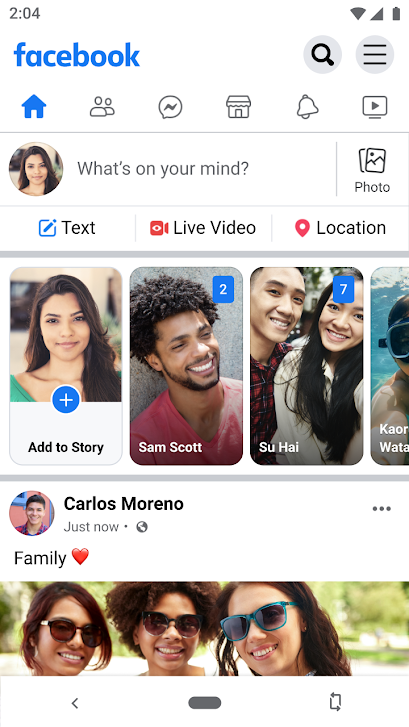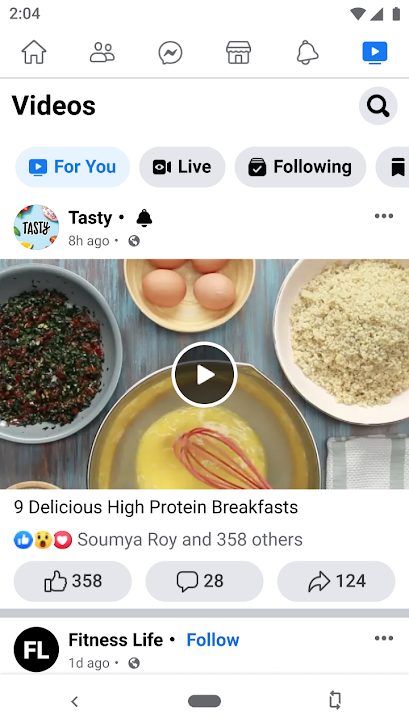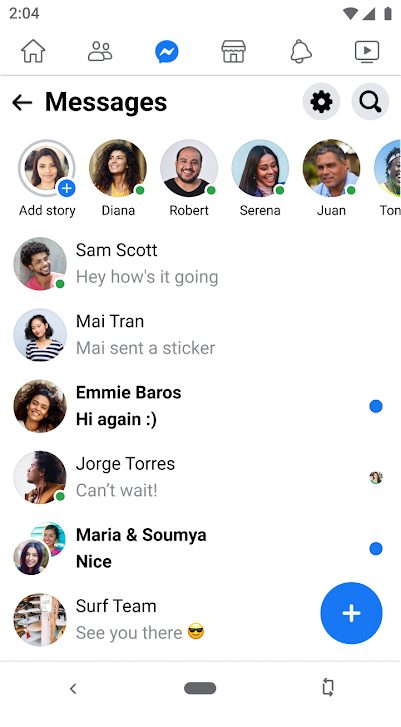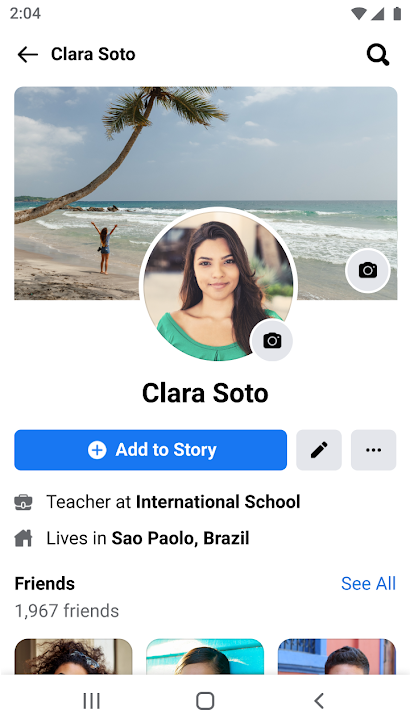Even cheap smartphones are already at such a performance level that they don't need any special titles. At least that's how it looks according to the behavior of Google, which is gradually cutting one of its lightweight applications after another. At the same time, Apple was never affected by this, simply because it had no weak link in its iPhone portfolio.
Not everyone can afford a top-of-the-line phone, and that makes sense. That's why we also have many manufacturers who supply Android phones to the market, even in the lower class, for which you pay only a few thousand CZK. Of course, such machines also have to be shortened somewhere, which usually shows in their performance.
For that reason, Google also created Android Go, i.e. a low-cost system with support for low-cost applications such as YouTube Go, Maps Go and others that didn't need such powerful hardware, and also tried to make little demands on the battery and data. But as it seems, even today's cheap devices are already powerful enough that nothing like that is actually needed anymore.
There are no underperforming smartphones
Just a few years ago, mobile data was prohibitively expensive and slow in most parts of the world. Back then, browsers with some kind of data saving features that compressed web pages on the server side in an attempt to reduce their size and speed up loading times were quite popular, typically such as Opera Mini. But in 2014, Google also added a similar mode to its Chrome for Android, when the title Chrome Lite arose from it.
But given that mobile data has become cheaper and faster in recent years, with the release of Chrome 100 for mobile devices, the company killed the Lite version for good. The same trend is therefore continuing with YouTube Go, which will be switched off in August this year. The reason given is greater optimization of the parent application, which can thus run fully and reliably even on cheaper phones and under worse data conditions - this is also because even cheap phones are already at a different performance level than they were years ago. The subtitle Go gradually lost its meaning. And read between the lines: Google needs to push a full-featured version with all the visuals that sell the content better, which they also benefit from.
It could be interest you
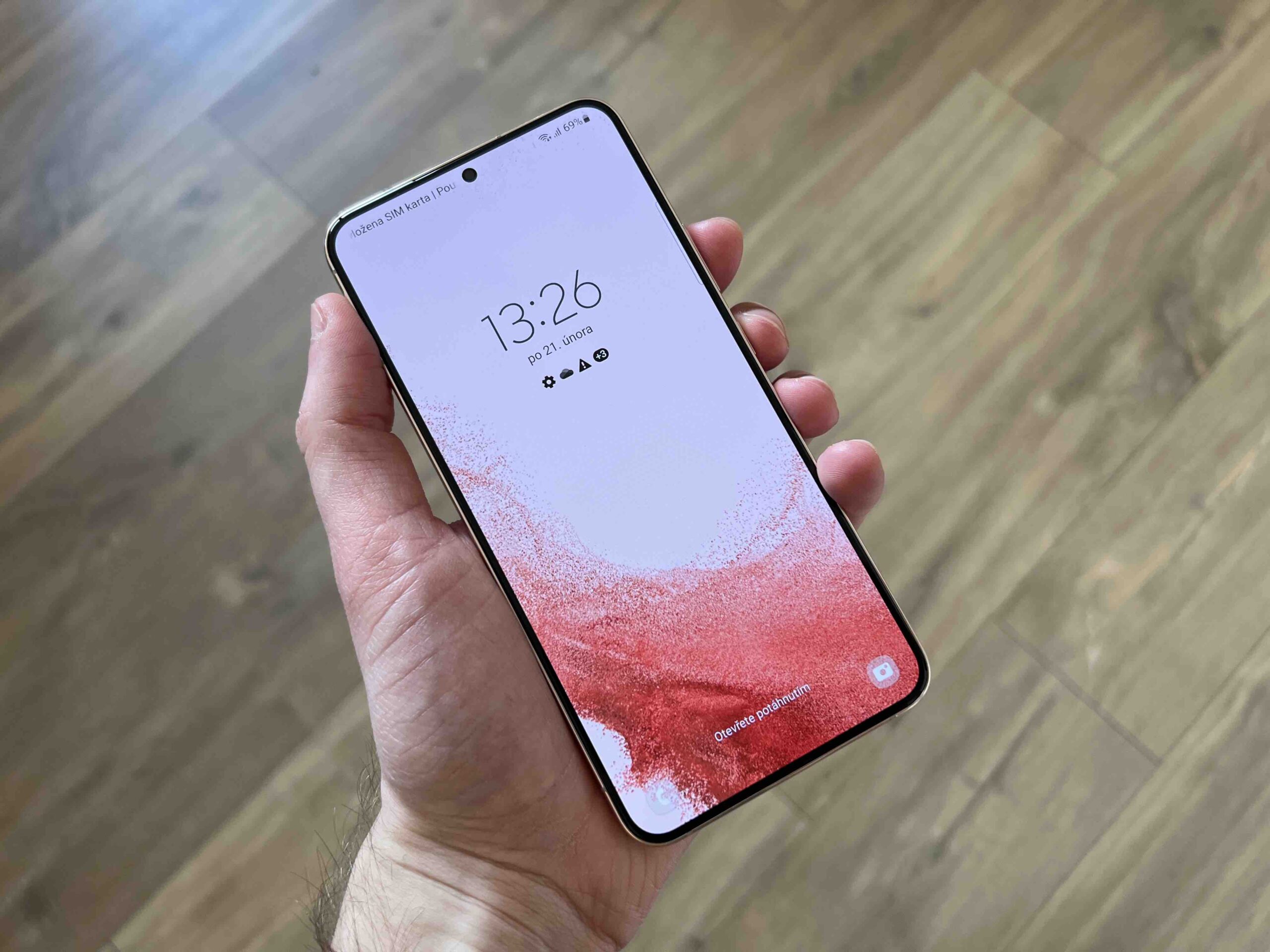
Meta Lite
iPhone users never got anything like it. Apple phones have never had any problems with performance, so that a title could not run on them. We therefore think with regard to timeliness. If an iOS title was once labeled Lite, it was because it was a free version of the app that offered a paid alternative in the App Store. So it was at the expense of features, but not for the reason that the title ran any faster.
On the other hand, you can still find some lightweight applications on Android, even those from really big names. This is, for example, Facebook Lite or Messenger Lite, but lightweight Instagram no longer offers Meta. However, it is very likely that society will let them live in some way, and then goodbye and a scarf. After all, who would still want to use similar titles in 2G networks when 5G is fully underway here? Of course, we are thinking here about our market and not that of developing countries.
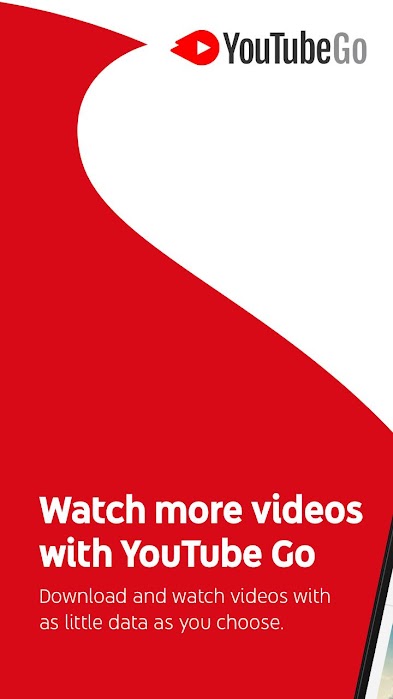
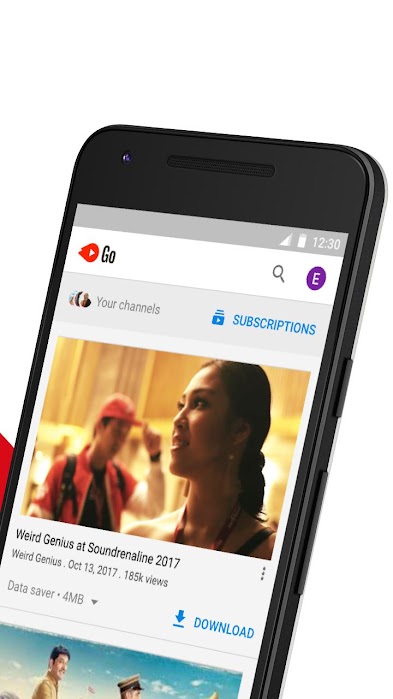


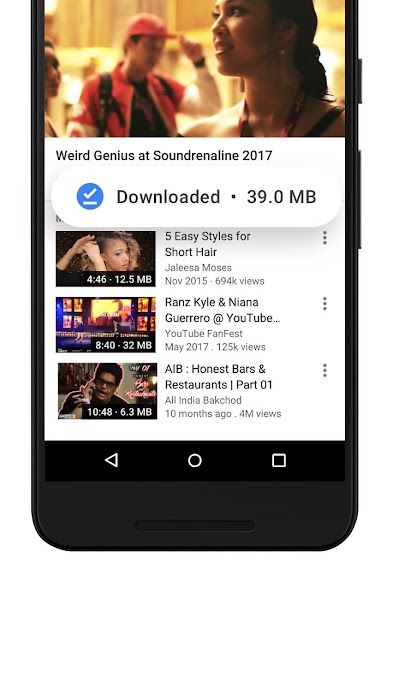

 Adam Kos
Adam Kos 